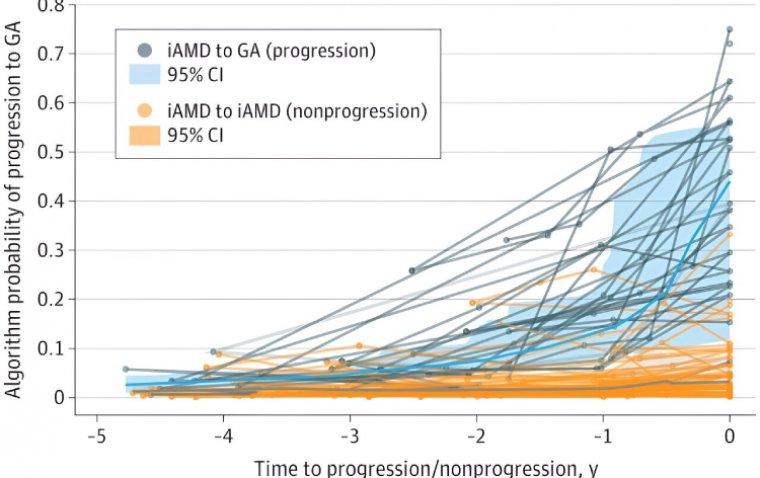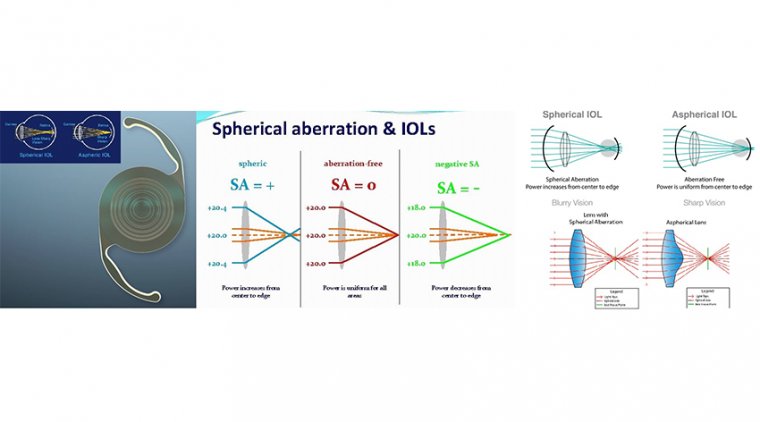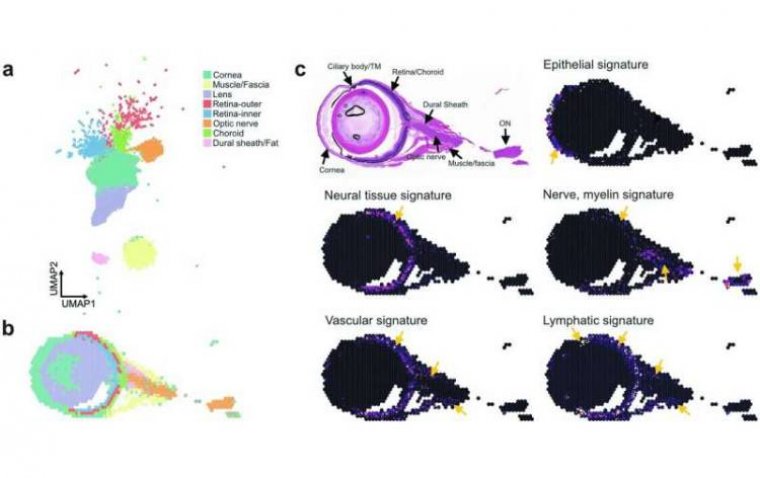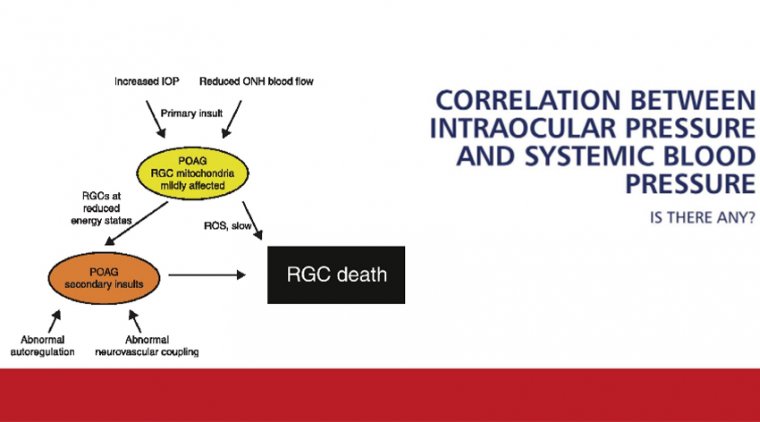
Study: Novel Algorithm Predicts AMD Progression with 94% Accuracy
Researchers at Duke University have developed a computer program that can predict with 94% accuracy whether an individual's age-related macular degeneration (AMD) will deteriorate within a year.
The deep learning algorithm, featured in an article within JAMA Ophthalmology, evaluates comprehensive eye scans to forecast the progression of the common eye condition to a more advanced stage called geographic atrophy (GA).
This accelerated predictive capability has the potential to simplify the recruitment process for clinical trials and facilitate the implementation of treatments aimed at preserving the vision of elderly individuals.
In a study, DeepGaze analyzed a large dataset of spectral-domain optical coherence tomography scans from the Age-Related Eye Disease Study (AREDS2) at various clinical sites in the U.S. The study involved 417 patients, and DeepGAze displayed an impressive 94% accuracy in predicting progression to geographic atrophy within a year. Interestingly, even with expert graders providing image annotations, a time-consuming and costly process, the computer model's independent performance remained consistently high.
"Being able to predict AMD progression means we can be proactive, potentially halting its progression and improving patient outcomes," said senior study author and retina specialist Eleonora Lad, MD, Ph.D., vice chair of clinical research and associate professor at the Duke Eye Center.
"This predictive tool could transform how we screen for the disease, how often we see patients, and even when to start treatments," Lad said.
Utilizing an algorithm similar to those used for tracking diabetic retinopathy, this technology aims to enhance diagnostics and help identify individuals who will benefit from treatment and ongoing care.
Reference
Eliot R. Dow et al, A Deep-Learning Algorithm to Predict Short-Term Progression to Geographic Atrophy on Spectral-Domain Optical Coherence Tomography, JAMA Ophthalmology (2023). DOI: 10.1001/jamaophthalmol.2023.4659
(1).jpg)










